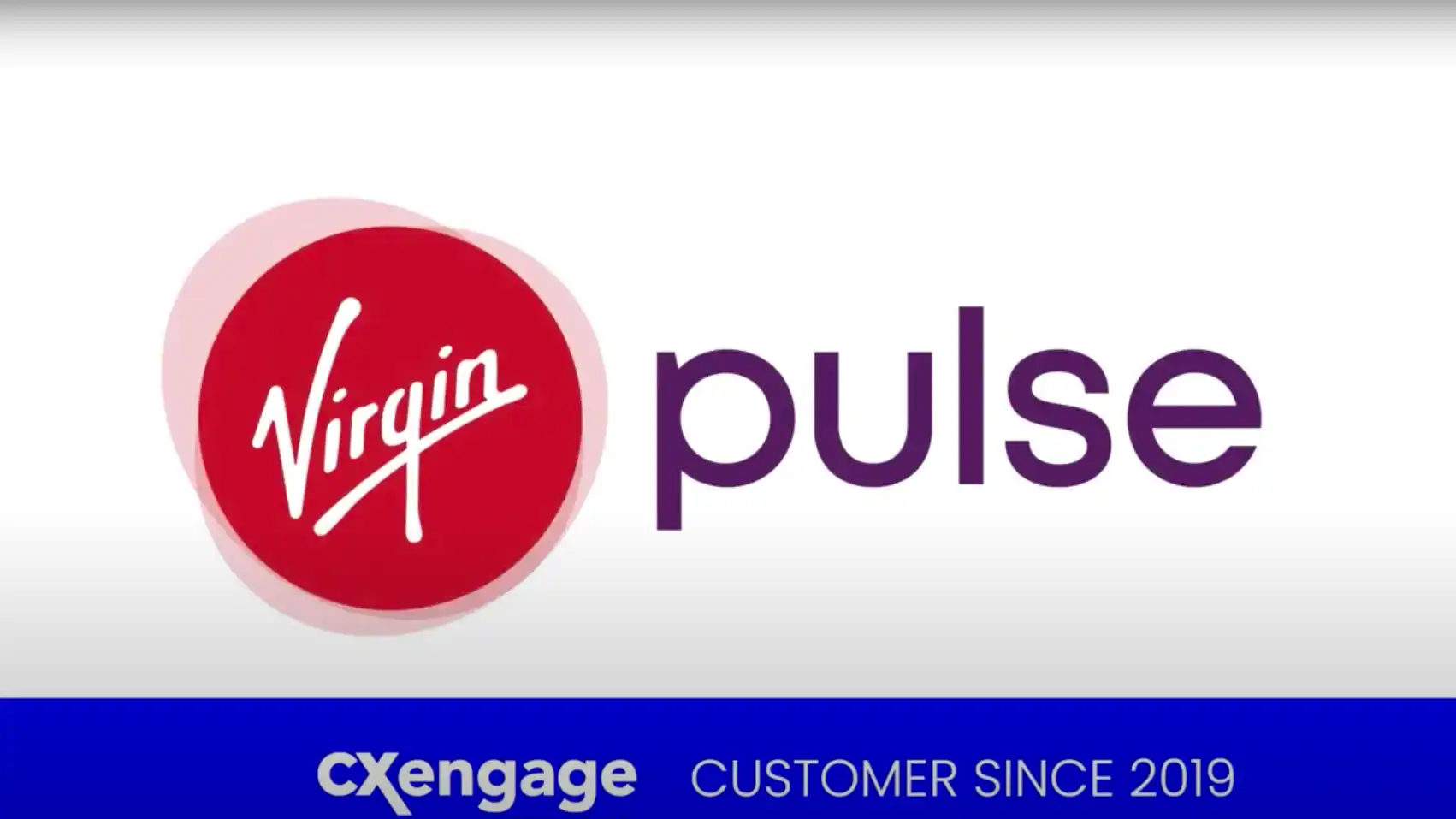Does your company offer a chat option for customers? Many larger companies do, but chat is not everywhere. However, demand for chat has become increasingly important to customers as it is part of a major shift to self-service – where customers now seek to minimize their interaction and maximize their return.
And yet, as I mentioned, not every company has gotten with the program. There may be good reasons for that. From what I learned at the ICMI Contact Center Demo & Conference, the decision to offer chat seems to come down to answering the why and how. The why question involves justifying to management that chat is, in fact, needed. The how question covers how to deliver chat effectively, to satisfy customer demands and not create issues—which can arise when chat is not done right. Let’s look at those two questions.
Why Chat, Why Now
Chat saves customers and companies time and money. Chat usage rates have risen from 38 percent in 2009 to 58 percent in 2014. Customers like this channel for a few reasons:
- They typically communicate via text and short messages. Live chatting with a brand is just like texting with a friend.
- It saves them time and they can multitask.
- Their questions are answered while shopping, just as if they were in a store with a salesperson. Personal interaction helps people feel valued and important.
And getting an answer to your question RIGHT NOW is extremely valuable to a customer.
How to Make Chat Work for You
Now the how question. It’s slightly trickier because poorly-delivered chat can have significant negative impacts on companies. There are three areas that are key to a successful chat implementation:
Don’t make customers repeat themselves. The first and by far the most critical element to chat success is providing your agents with a 360-degree view of customer interactions across all channels. Agents must have full visibility into all chat history, as well as previous voice call, SMS, email and social media interactions.
Expect the unexpected. Should you hire different agents for different channels? The evidence is clear: the companies winning with chat train, grade and track their agents across all channels. Even the very best forecasting models won’t predict unplanned volume spikes–or what channel they’ll come through. Fixed-capacity and fixed-skills won’t meet those needs. You need flexible, multichannel-capable agents.
Mix it up. Templates win out over scripts every time. The best companies empower their agents with flexible templates and the autonomy to personalize them, instead of rigid scripts that alienate customers.
Ultimately, chat is a win-win. Keeping customers happy and loyal isn’t rocket science. It’s based on the basic principles of courtesy and respect we all learned as kids. Put others first. Be respectful of people’s time. Listen before you speak.
Done right, live chat can deliver on each of those basic principles and your customers will love you for it. Check out my article for ICMI to learn more.






